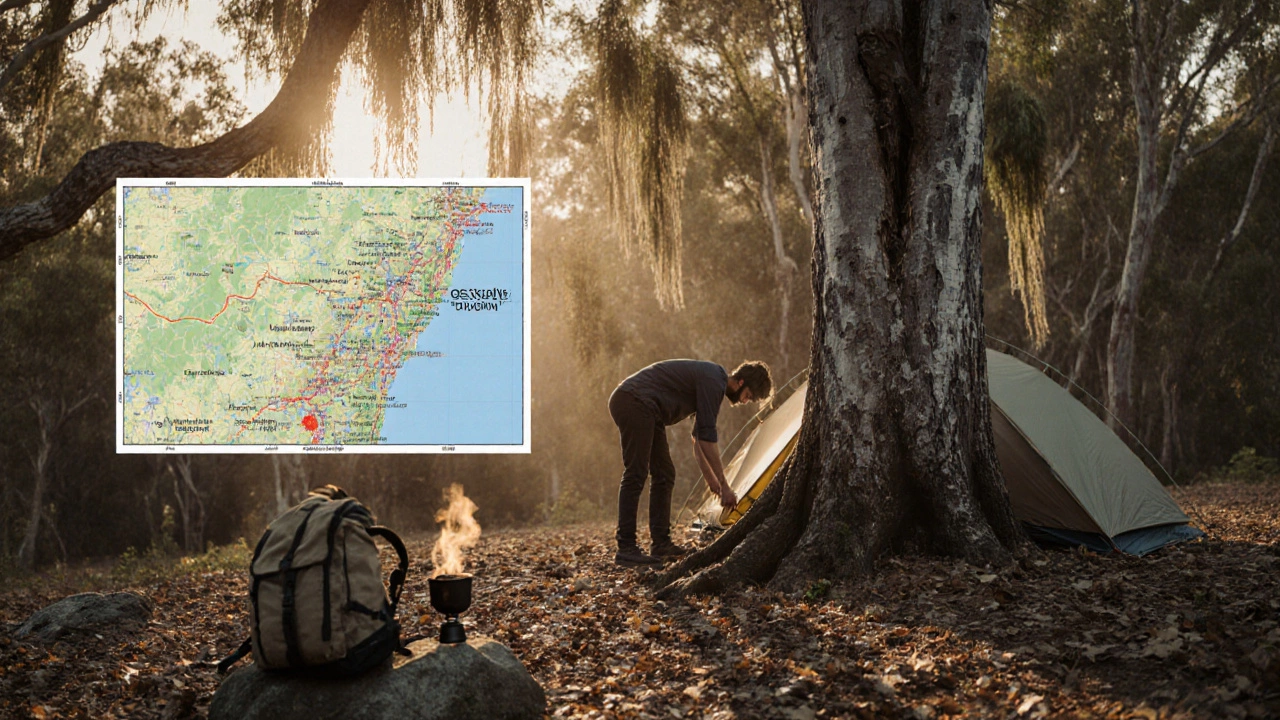Wild Camping Laws in the UK: A Practical Guide
If you love sleeping under the stars, the first question on your mind is probably: can I pitch a tent anywhere I want? The short answer is no – most of the UK has strict rules about where you can camp wild. But the good news is there are plenty of spots where you can set up a tent legally, and the rules aren’t as scary as they seem once you break them down.
Where Wild Camping is Legal
Scotland is the wildest of the bunch. Thanks to the Scottish Outdoor Access Code, you can camp on most unenclosed land as long as you follow the "Leave No Trace" principles. That means you pick a spot away from homes, keep your fire small (or better yet, don’t have one), and leave the place exactly as you found it.
England, Wales and Northern Ireland are tighter. Most public land is private property, so you need permission. However, there are a few loopholes:
- National Trust properties often allow wild camping if you ask the site manager and respect the rules.
- Some Dartmoor and Lake District sections have a tradition of tolerated camping, but you still risk a fine if a landowner objects.
- Designated wild camping sites, like those run by the Forestry Commission or local councils, let you camp for free or a small fee.
Bottom line: research the area, look for official sites, and if you’re unsure, just ask a local.
How to Stay Legal and Friendly
Even where it’s allowed, you need to behave responsibly. Here are the essential habits:
- Ask for permission. A quick phone call to the landowner or a note on a nearby hut can save you a lot of trouble.
- Camp for one night only. Staying longer can be seen as trespassing and may lead to a fine.
- Leave No Trace. Pack out all trash, bury human waste at least 30cm deep, and avoid damaging plants.
- Keep a low profile. Use a small tent, turn off lights at night, and don’t make a lot of noise.
- Check local bylaws. Some coastal towns have byelaws that ban beach camping altogether. Ignoring them can result in a £500 fine.
Following these steps not only keeps you out of trouble, it also makes other campers welcome the idea of wild camping in their area.
For a quick cheat sheet, remember the acronym "LEAVE": Light use, Eat low impact, Avoid fire unless allowed, Verify permission, Exit clean.
Planning a road trip with a motorhome from Teesside Motorhome Adventures? Use the same principles when you pull over in a remote spot. Parking on a legal lay‑by, staying under the 24‑hour limit, and respecting local signs will keep your adventure smooth.
Wild camping can feel like stepping into a secret world, but it’s only secret because most people don’t know the rules. With a bit of research and a respectful attitude, you’ll enjoy the freedom of the open UK landscape without a ticket in your pocket.
Legal Guide to Living in the Woods: What You Need to Know
Learn the legal rules for living in Australian woods, from permits and zoning to private land consent and penalties. Get step‑by‑step guidance to stay within the law.
Is It Legal to Camp on UK Beaches?
Camping on UK beaches can be a dream come true, but is it actually legal? The rules vary depending on where you are, and understanding them can make or break your seaside adventure. This article breaks down the legalities, offers tips for finding the best spots, and shares insights on how to camp responsibly along the British coast.

